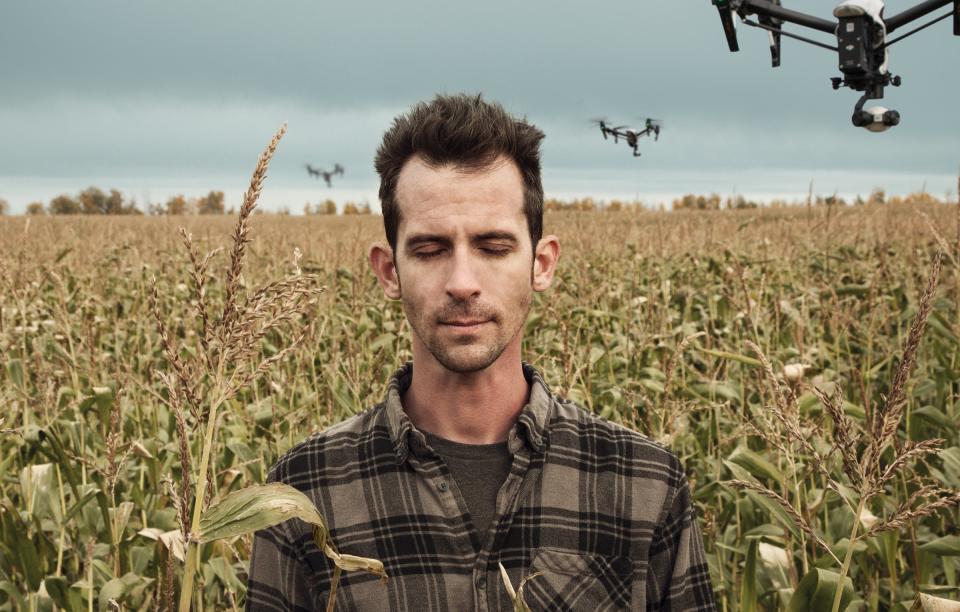Here’s how one company is helping farmers get more from their land

Building a food-secure future is a huge challenge. It requires a radical rethink of how we produce, process, and consume our food. Rabobank has launched Kickstart Food — a three-year programme focusing on four areas considered key to addressing the world’s sustainable food challenge. Earth: restoring the soil quality of the current arable land around the world. Waste: reducing food waste throughout the entire food production chain. Stability: promoting and stimulating a more stable and resilient food market. Nutrition: ensuring everyone has access to diets with balanced nutritional value.
Smarter use of agricultural land
United Nations forecasts suggest that by 2050 the world population will be almost 9.8 billion people — a rise of more than 2 billion on current levels. A challenge is posed by both the increasing number of mouths to feed, and also by the number of people shifting to a “Western” diet — consuming more calories from meat and dairy products.
“Meeting the growing need for food while reducing environmental pressure is one of the biggest challenges of this century,” says Gilles Boumeester, head of Rabobank’s Research Food and Agribusiness. “We need to make smarter use of the available agricultural land. Currently, about 30% of the land in use is degraded to some extent. Even more problematic is that the most rapid deterioration in soil fertility is in Asia and Africa, two continents where the population will grow the fastest. We must reverse this trend.”
High-tech agriculture
Luckily, farms are increasingly becoming high-tech environments making use of real-time information. Scanners provide comprehensive information on the chemical composition of a farmer’s soil, without requiring a laboratory. Sensors in potato fields check that harvesting machinery is properly set. Drones enable farmers to monitor their crops and precisely target fertilizers or pesticides. These smart agricultural technologies, combined with data-driven precision agriculture, help reduce costs, maximize profits, and minimize ecological impact.

 Yahoo Finanzen
Yahoo Finanzen 
